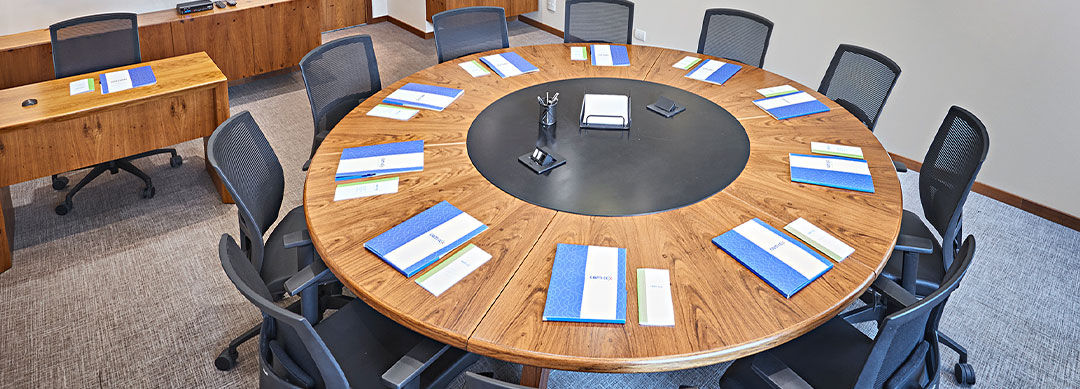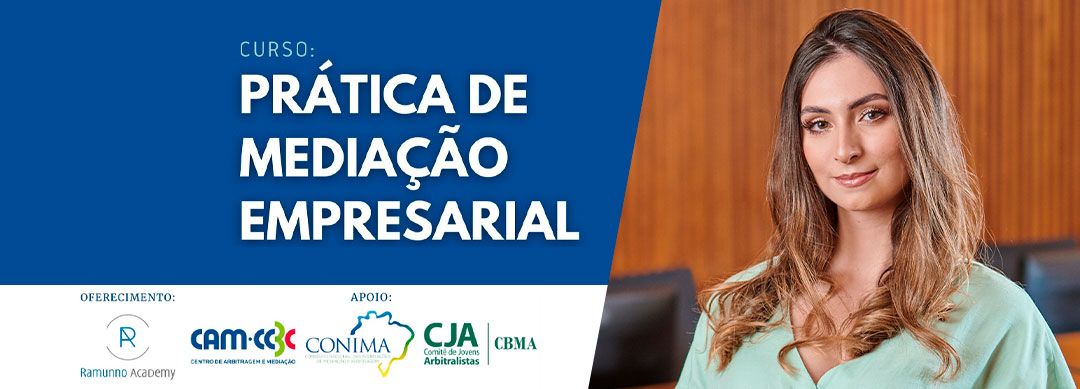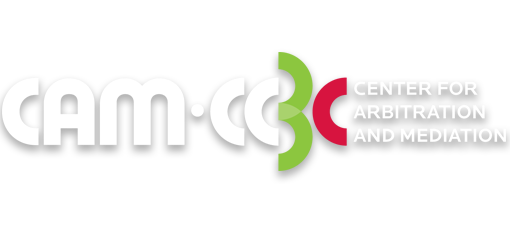Pedro Marques has been a lawyer for a little over two years. And that is exactly what sets him apart from coaches who participate in the great academic competitions of law – in general, professionals and professors with many years of experience in offices or companies. The young lawyer and his colleague Beatriz Assef, who graduated at the same time, have done a great deed. Supported by CAM-CCBC, they will represent Brazil at the International Negotiation Competition 2019 (INC) in Tokyo.
The pair joined fourth-year law student Danilo Moraes, from the Fluminense Federal University (UFF), Niterói (State of Rio de Janeiro). Pedro and Beatriz’s role is to help Danilo excel in the negotiations he will have with other participants during the competition. In addition to Danilo’s dedication, the success of this endeavor will depend greatly on what was planned for the student’s training, under the responsibility of the coaches.
Destination Tokyo
The path to the Japanese capital began in March this year, when the student came in second place in the Southeast regional stage of the Harvard Negotiation Meeting. After that, he won Meeting’s nationals in April, which involved almost 20 teams in Belo Horizonte. The victory accredited him to participate in the event in Japan. “The challenge turned out to be greater following the nationals, when Danilo started acting without the other student who was partnering with him, because he had to leave for personal reasons,” explains Pedro.
While it is easier to work in pairs in a Negotiating competition, which helps in arguing with competitors and exchanging ideas, his partner’s sudden attitude did not hurt Danilo or his coaches. Pedro says that in preparation for each stage he meets at least three times a week with Beatriz and the student. As a coach, the lawyer dedicates at least three hours a day to what he calls “making life easier for the competitor.”
And it really does make it easier. One of Pedro and Beatriz’s tasks since March was to read eight books and prepare a handout with summaries and additional information for the student. They examined several cases together, had the backing of an English language professor specializing in the legal field, and looked into Harvard’s negotiating techniques, a model developed at the American university that guides competition negotiations.
Coaches are also responsible for anticipating situations a student may face in the midst of negotiation, coaching them in speaking and eloquence, devising an efficient strategy for the competitor to achieve what he or she wants in the process, as well as providing data on the scenario of certain sectors of the economy. “At the nationals, for example, we study the Oil and Gas market in depth, related to one of the proposed cases,” says Pedro.
Itinerant competition
Each year the International Negotiation Competition is organized in a different city, and it has happened in Norway, Switzerland, USA, Canada, Singapore, among others. In 2019, it will be held in Tokyo, Japan, July 5-10, and will feature teams from 27 countries.





